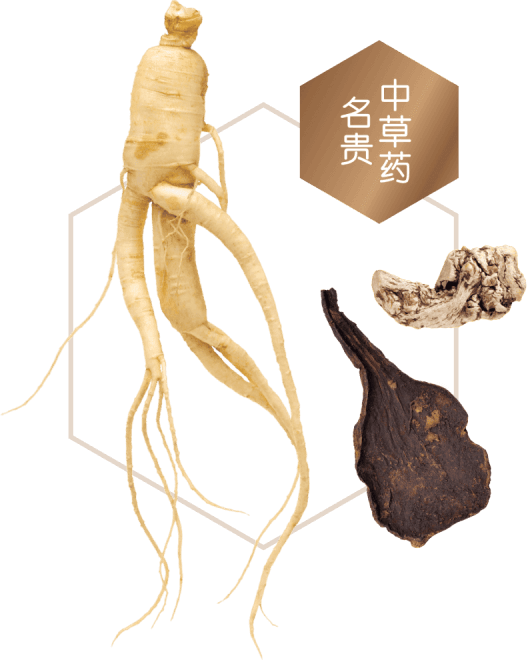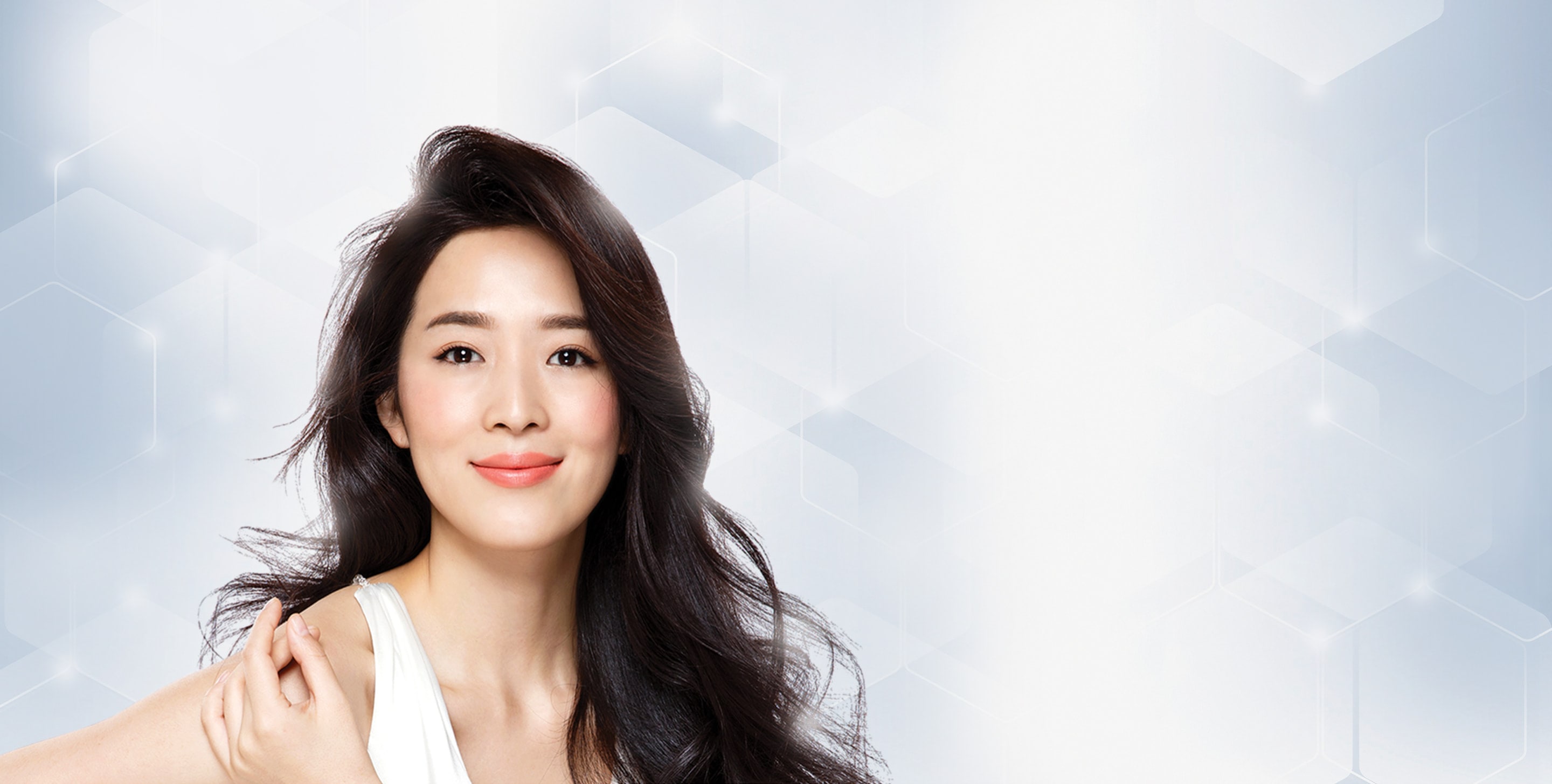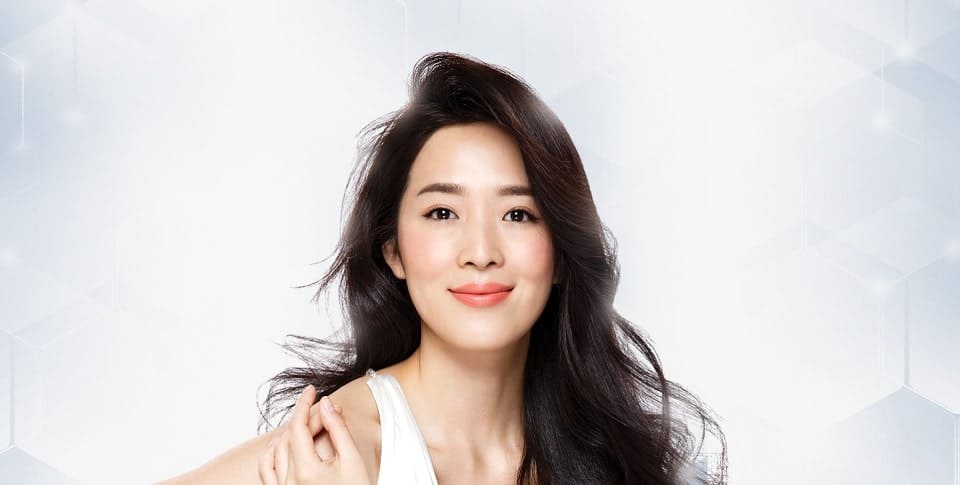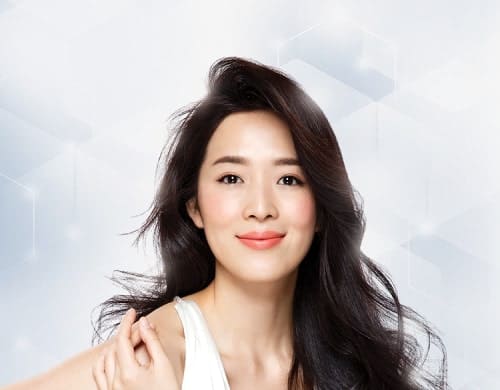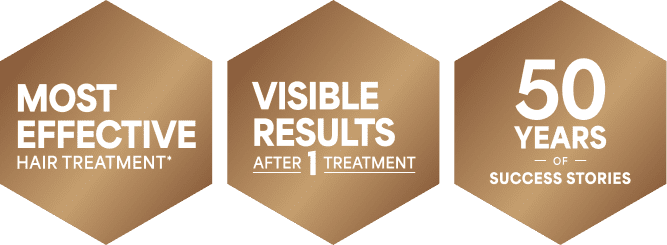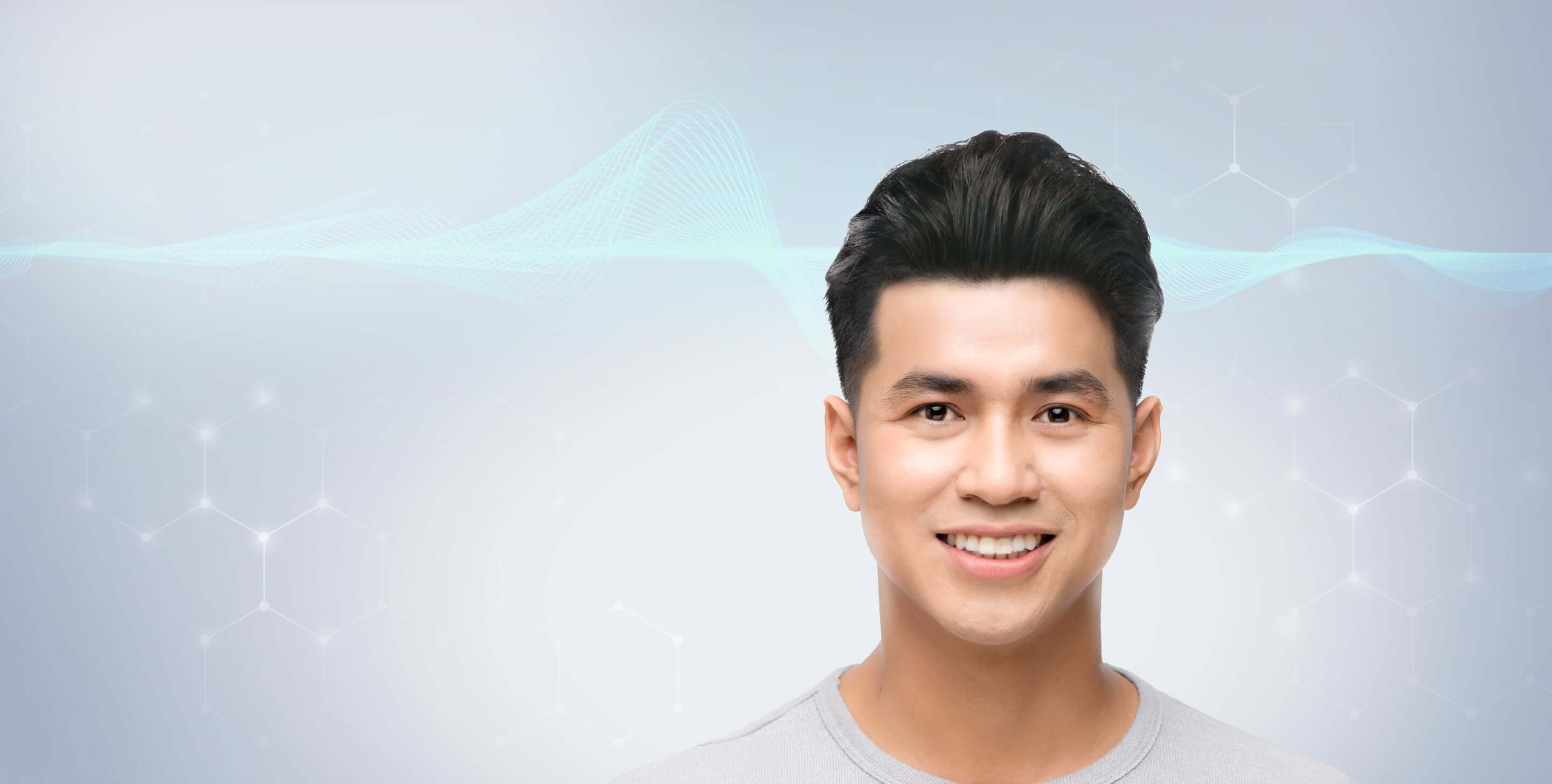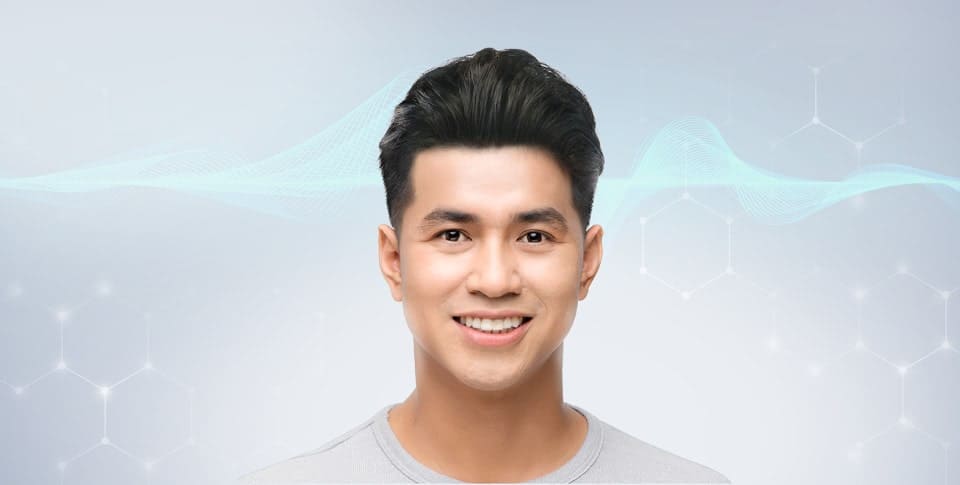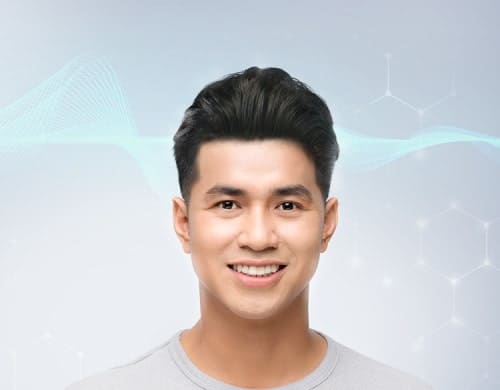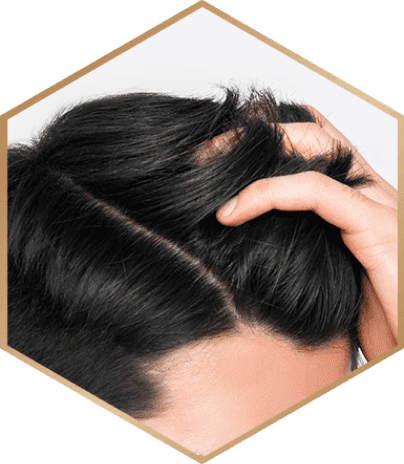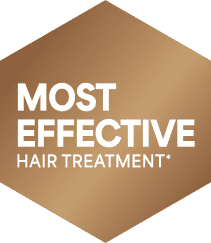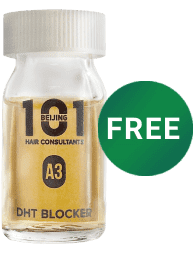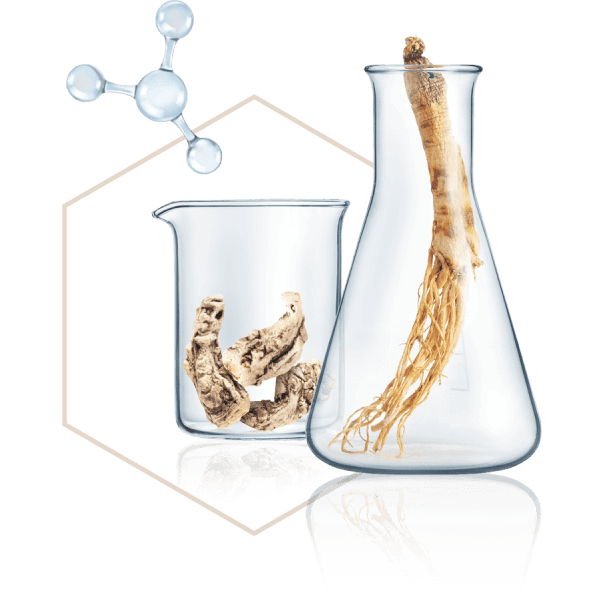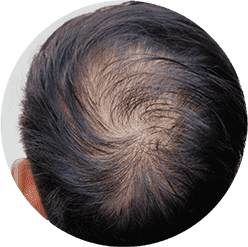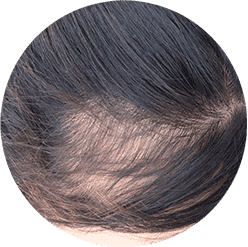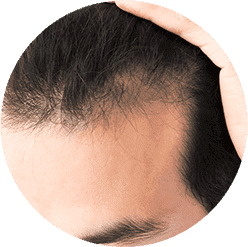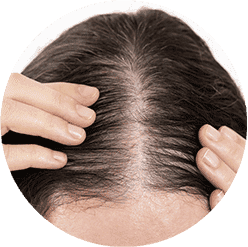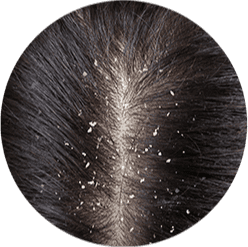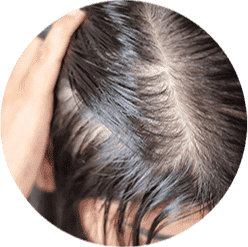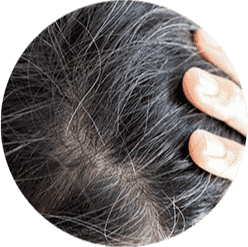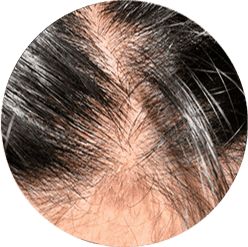Male Pattern Balding
Hair loss in men can manifest in various forms, with some of the most common types including:
Male Pattern Baldness (also known as Androgenetic Alopecia), is characterized by a progressive and predictable pattern of hair loss in men. It typically begins with a receding hairline and thinning at the crown, eventually leading to partial or complete baldness. The condition is primarily attributed to genetic factors and hormonal influences, particularly the hormone dihydrotestosterone (DHT). DHT binds to receptors in the scalp, causing hair follicles to shrink over time. This miniaturization process leads to shorter and finer hair until the follicles cease producing hair altogether. Male Pattern Baldness follows a distinct pattern, with the hair loss typically occurring in a specific pattern resembling the shape of an “O", “M", “O” and “M” concurrently, or "U" on the scalp.
Stress related hair loss : Stress can trigger hair loss in men by disrupting the hair growth cycle, leading to increased shedding. High stress levels elevate cortisol levels, which can disrupt hormonal balance and impede the production of new hair cells. This can result in temporary hair loss conditions such as Telogen Effluvium or exacerbate existing hair loss patterns like Androgenetic Alopecia.
Patchy hair loss (known as Alopecia Areata) occurs when the immune system mistakenly attacks hair follicles, leading to sudden hair loss in distinct, round patches on the scalp or body. It is believed to be an autoimmune condition triggered by genetic and environmental factors
Causes of hair loss in men vary across different age groups:
Below 30: In younger men, male pattern baldness can still occur, often due to genetic predisposition. Other factors such as stress, poor diet, and lifestyle habits may contribute to early-onset hair loss.
30 to 50 years old: Male pattern baldness tends to be more prevalent in this age group, as genetic factors and DHT sensitivity become more pronounced. Stress, hormonal fluctuations, and environmental factors may also play a role.
Above 50: As men age, hormonal changes, particularly a decrease in testosterone levels, can contribute to hair loss. Additionally, the cumulative effects of genetic predisposition and DHT sensitivity may result in more significant hair thinning or balding.
From a Traditional Chinese Medicine (TCM) perspective, hair loss in men is often linked to Kidney deficiency, particularly the Kidney Jing (essence). The Kidneys are considered the foundation of vitality and play a crucial role in nourishing the hair and promoting its growth. Deficiency in Kidney Jing can lead to weakened hair follicles and premature hair loss. TCM treatments for hair loss in men often focus on tonifying the Kidneys and nourishing Blood and Qi (vital energy) to promote hair growth and prevent further loss. Herbs such as He Shou Wu (Polygonum multiflorum) are commonly used to support Kidney health and address hair loss from a TCM perspective.

